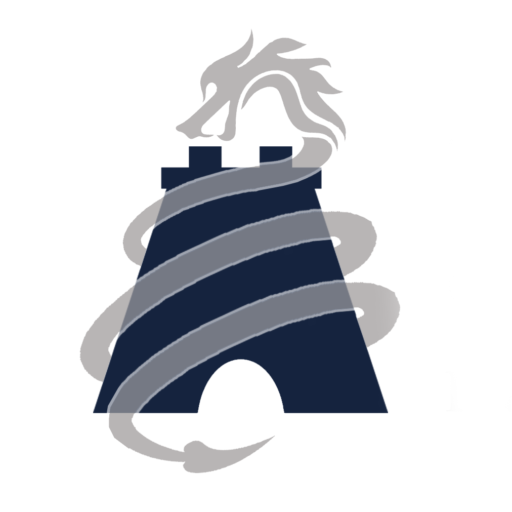The recent agreement between Mercosur and the European Union (EU) is already beginning to benefit Brazil, that is what indicates the publication of tariff reduction schedules and commitments on services and public procurement by the agreement. Once the agreement comes into force, Brazil will open an annual import quota of 32,000 European vehicles with tariffs at 17.5%, half the normal rate, for seven years. After this period, the reduction of the tariff will begin, aiming for it to reach zero in the automotive sector in the eight following years.
The automotive sector is an example of the great business opportunities that exist in the agreement between Mercosur and the EU that cannot be missed. In the case of automobile vehicles, the release will take place in a total of 15 years, in the first seven years the entry of 50,000 European automobile vehicles will be released into Mercosur with a preferential advantage of 50% of the tariff while its competitors, USA and Japan, will continue to pay 35%.
The quota of 50,000 was distributed among Mercosur members according to its historical trade, which led Brazil to receive the largest share of the block accounting for 32,000 vehicles. However, imports outside the quota will continue to have a 35% tariff until the start of the reduction of the tariff.
The agreement contemplates Brazilian soluble coffee as well, a product highly exported to Europe, which will have access to the 27 EU member countries with tariff exemption. Currently, Brazilian soluble coffee has a 9% tariff which is considered very high by European standards. With its elimination, that should occur four years after the entry into force of the agreement, this Brazilian product with added value can gain market and increase its revenue. Another niche of international trade with one of the greatest growth potentials is that of Brazilian fruits, and for some of them the elimination of the tariff in the European Union will be immediate.
It is possible to observe that the agreement is synonymous of reciprocal exchange and falling tariffs for companies in both economic blocks, however the published schedules are not definitive, and the documents may undergo changes due to the ongoing of formal and legal review process.
Source: Economic Value, 2021.



